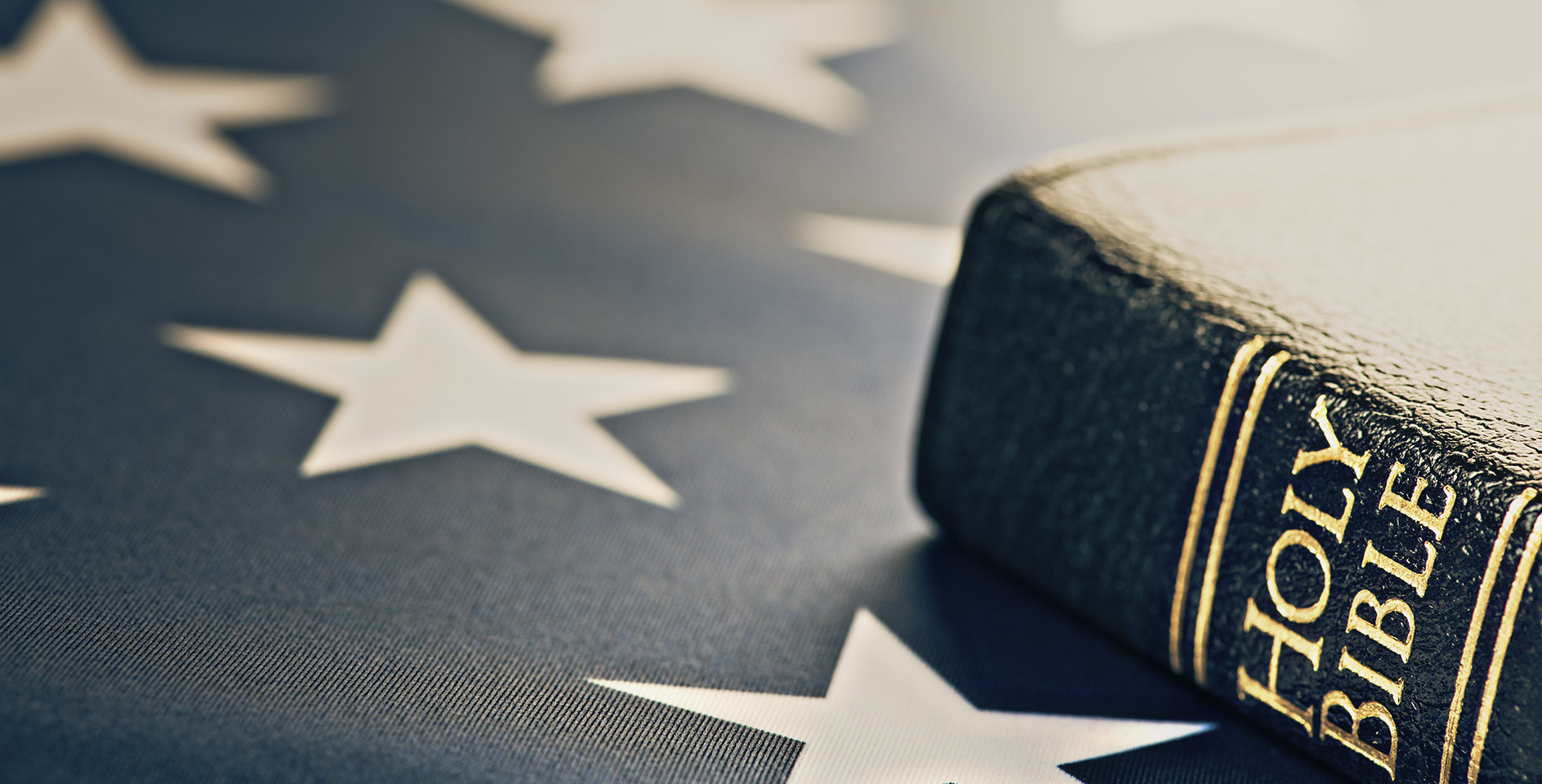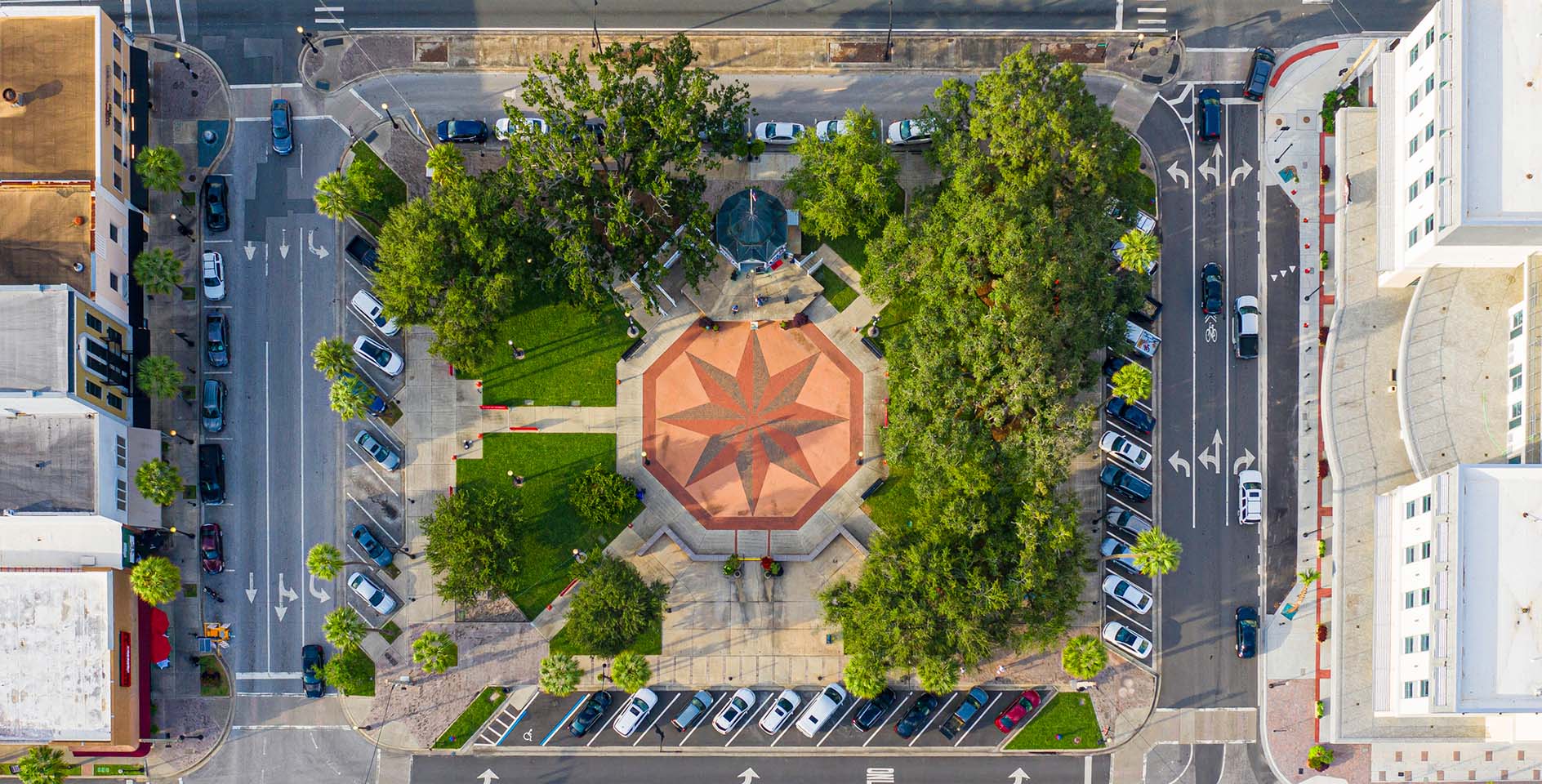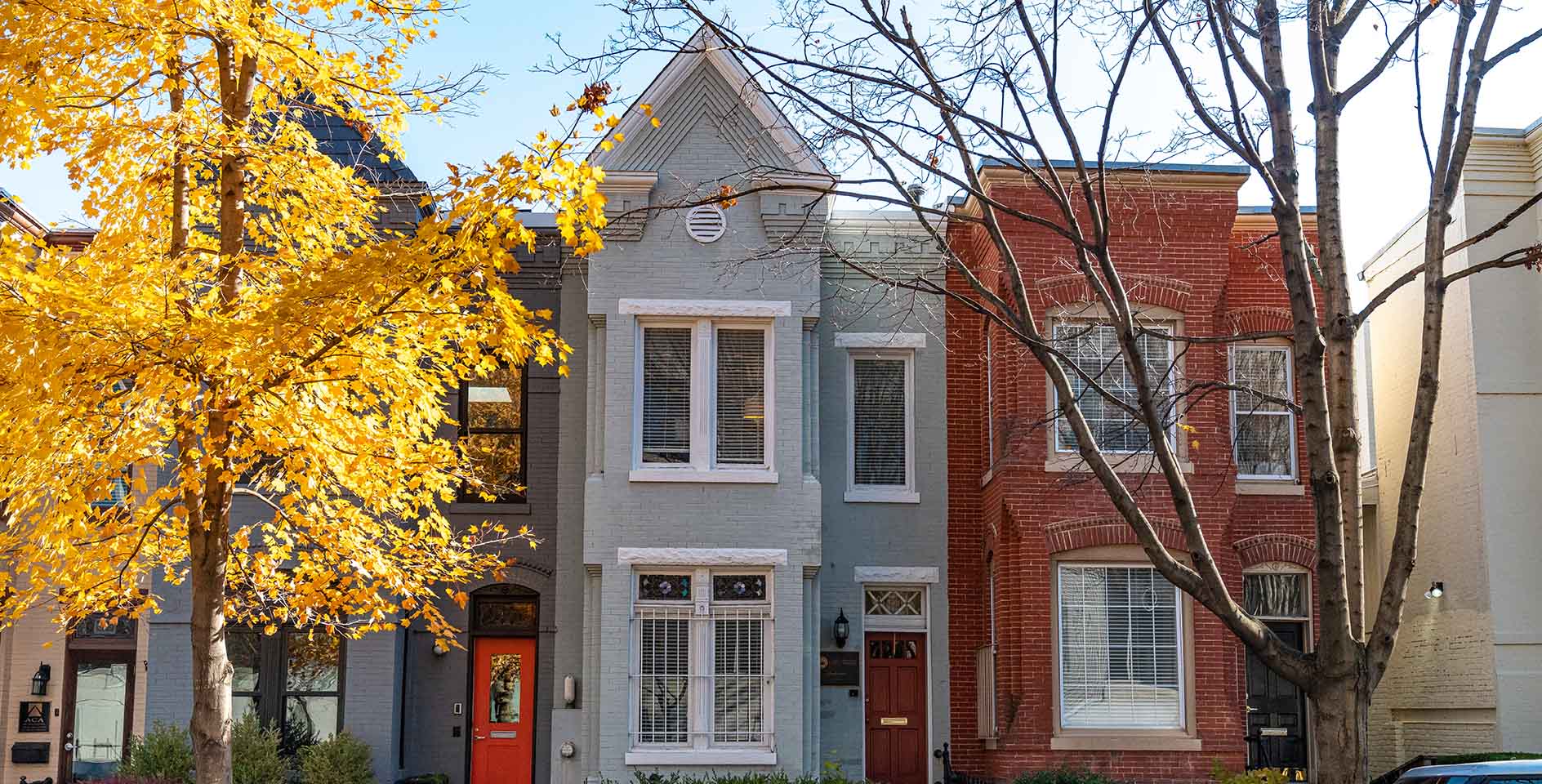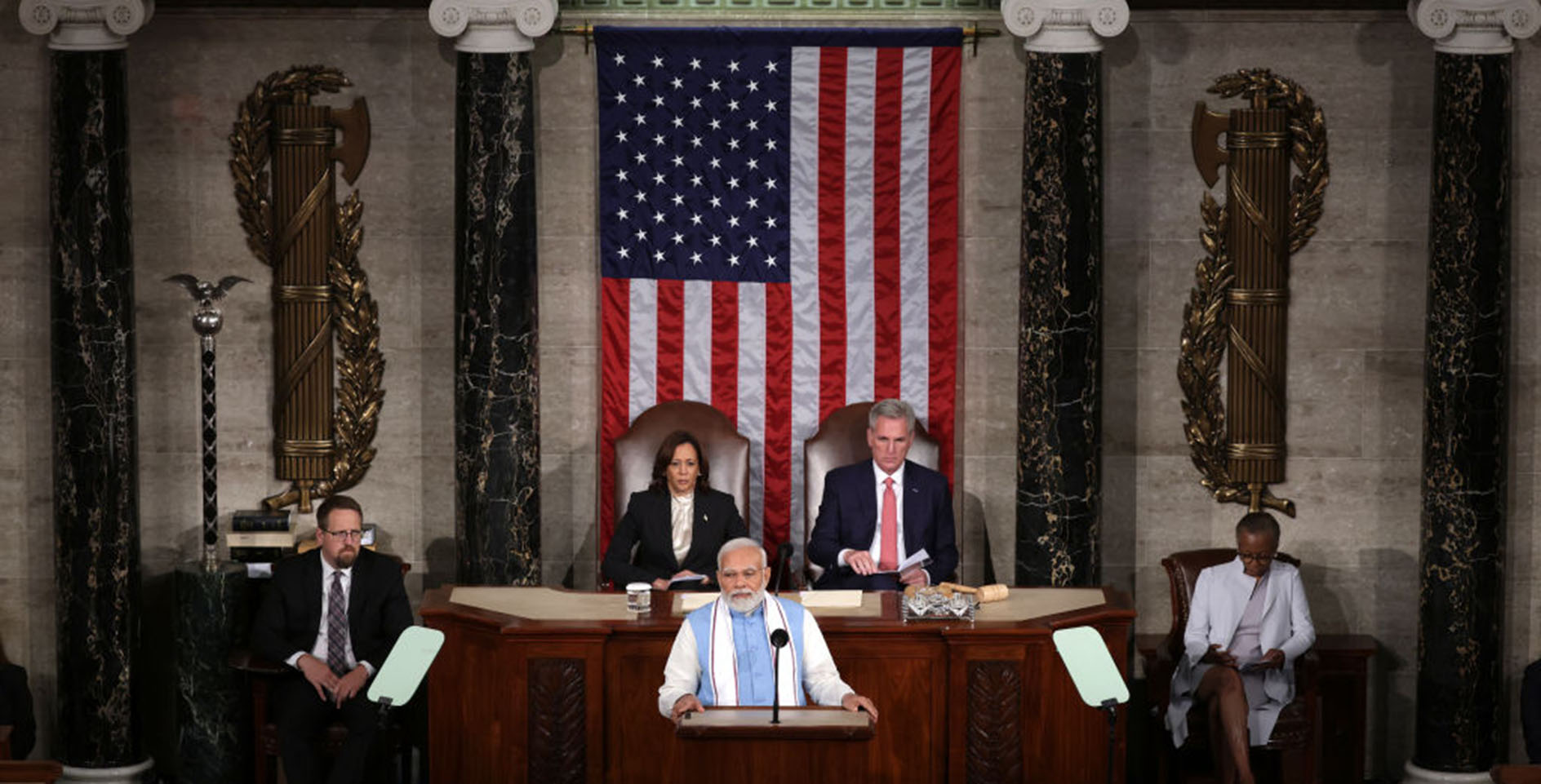Many early Baptists were heavily involved in political life, at both local and national levels. For them, political involvement was often a matter of survival—17th century British government, in both England and the American colonies, did not separate church and state.
Anyone who departed in belief or practice from England’s sanctioned state religion, the Anglican Church, was punished in some fashion. One of the first General (non-Calvinist) Baptists in England, Thomas Helwys, was imprisoned after he became a Baptist and wrote about his beliefs, including his conviction that the church and state should remain separate. Helwys was never released, and he died in jail four years after his imprisonment.
In the American colonies, Roger Williams, Obadiah Holmes, and John Clarke also faced various punishments for departing from the state-sanctioned Congregationalism of the Bay Colony. While many of the American colonies were founded by Separatists—those who had departed from the Anglican Church due to its corruption and heavy-handedness regarding worship practices—once they received a charter from England’s king, they often did no better at providing religious liberty for their citizens.
3 emphases of early Baptists’ political theology
It was in this environment of state-sanctioned religious opposition that early Baptists developed a thorough political theology. The emphases of these early Baptists are biblically rooted, theologically sound, and still relevant for us today. Here we’ll explore three of them—religious liberty, appropriate political involvement, and the church as the sign of the kingdom.
1. Religious liberty
Early Baptists emphasized religious liberty as a matter of survival, yes, but they also drew on Baptist theological principles that remain important today. While most Baptists in 21st century America do not experience state-sponsored opposition to their faith, there are still important biblical, theological, and distinctively Baptist reasons to support religious liberty for all.
Religious liberty arises out of the Baptist conviction that every person is individually accountable before God.
Most importantly, religious liberty arises out of the Baptist conviction that every person is individually accountable before God. This conviction lies at the root of other Baptist distinctives like believer’s baptism, congregational polity, and local church governance. With respect to religious liberty, it means that no one (including the state) can or should coerce a person to believe. Individuals are free to believe in or reject the gospel, and, if they are a Christian, to believe in or reject particular denominational distinctives.
Religious liberty for all does not mean that Baptists reject that salvation is through faith in Jesus Christ alone; far from it! Baptists in the 17th century and Southern Baptists today confess that salvation only comes through belief in Christ’s death and resurrection. But we also believe that each individual person has to come to a decision about that good news, and about subsequent doctrinal beliefs, on his or her own. In a Baptist political theology, then, the government cannot and should not force anyone to believe a certain way or to deny his or her convictions.
This Baptist principle also extends to practice. Early Baptists experienced opposition from the British government not only because they differed in belief from Anglicanism, but also because, like other English Separatists, they refused to participate in certain Anglican practices. For instance, early Baptists were imprisoned and fined for their refusal to use the Book of Common Prayer, and for licensing preachers outside of the Anglican authorities. This led early Baptists to insist that religious freedom encompasses not only what an individual believes but also what he or she practices. And, by extension, this includes freedom for churches and other religions comprised of those free individuals.
Today, this means that Baptists can argue for religious freedom for all religions without endorsing or supporting those other religions. Baptist political theology, because of its roots in an affirmation of the individual’s conscience, can be both a champion of religious liberty for all and a champion for personal evangelism to all.
2. Appropriate political involvement
The early Baptists weren’t shy about participating in the political life of their towns, provinces, and (after American independence) nations. In fact, we owe the First Amendment in part to Virginia Baptist John Leland, who wrote regularly to Thomas Jefferson, and maybe also to James Madison. John Clarke spent much of his life petitioning England’s king for a charter for Rhode Island that included a stipulation about religious freedom. Isaac Backus worked diligently in the political arena for religious freedom in Massachusetts before and after the American Revolution.
And after the establishment of the United States of America as a sovereign nation, Baptists continued their involvement in civic and political life, serving in all sorts of public capacities. William Carey worked in India to end the practice of sati. In other words, Baptists have seen the realm of the state as yet another one of life’s spheres in which they are called to participate as faithful Christians.
Baptists today carry on this tradition of appropriate political involvement. We do not read “separation of church and state” as a reason to remove religious life and thought from government, but as a protection of individual consciences, churches, and other religions from intervention by the government. For Baptists, political participation is justified and encouraged by Scripture, which presents God’s calling to new life in Christ as one that encompasses all of life, including life in relation to the state. This doesn’t mean that the Bible gives particular policy positions on a whole host of issues, like health care or traffic laws, but it does mean that God’s wisdom and a Christian’s calling to it includes all of life, even political life.
To put it a bit differently, the church is still the church when it is scattered and not gathered for worship on the Lord’s Day, and it is called to live as such in the midst of the world. Baptists historically have seen this as especially important in relation to caring for “the least of these,” working diligently in civic and political arenas in order to help the poor, orphaned, widowed, and hungry. We could point to Baptist hospitals through the country, or to the SBC’s, and particularly the ERLC’s, consistent work in D.C. throughout the tenures of both Richard Land and Russell Moore to end abortion in the U.S.
3. The church as the sign of Christ’s kingdom
I used the adjective “appropriate” in the previous point because Baptists have historically emphasized that Christ’s kingdom is seen primarily through the local church, not any temporal government. This means that our efforts ultimately should be focused on the local church, the only institution (according to Baptist polity) to which Christ entrusts the keys to his kingdom.
It is in the local church that the things of heaven are bound and loosed on earth. It is in the local church that Christ’s Word reigns supreme visibly, through preaching and through the ordinances. It is in the local church that the lost are called to repentance, that disciples are made, and that the Holy Spirit is present. Baptist political theology thus recognizes that Christians are first and foremost citizens of Christ’s kingdom, and that Christ’s kingdom is visible primarily in the local church. (This, by the way, is another reason that Baptists have long argued for the separation of church and state—the state isn’t the primary sign of Christ’s kingdom on earth.)
But Baptists also acknowledge that we are citizens of earthly nations, in our case the U.S. While the U.S. and all other nations will one day fade away (and face judgment) at the second coming of King Jesus and his eternal kingdom, we are called to be faithful citizens of it in the meantime. Which brings us back to point two: Baptists affirm that we can and should participate in civic life.
Baptist political theology for today
This kind of balanced account was emphasized by the first Baptists and should remain an emphasis in Baptist life today. Baptists can and should participate in the civil and political life of our counties, towns, states, and nations, but we do so while recognizing that these kingdoms are not ultimate—Christ’s is. These kingdoms are not the primary sign of Christ’s kingdom—the local church is. These kingdoms do not bind and loose on earth what happens in heaven—the verbal and visible proclamation of Christ’s Word does. And these kingdoms cannot coerce belief in Christ in any individual—trust in Christ’s saving work only comes through the conviction of the Holy Spirit that leads to repentance and faith.
A Baptist political theology therefore humbly acknowledges Christ’s kingdom as more important than our earthly kingdoms and chastens its expectations for politics accordingly. And it thus focuses its energies on building up the primary sign of Christ’s kingdom, the local church, through evangelism and discipleship. But it also works Christianly in the political arena, as it does in all others, according to Christ’s kingship and call over all areas of our lives.









